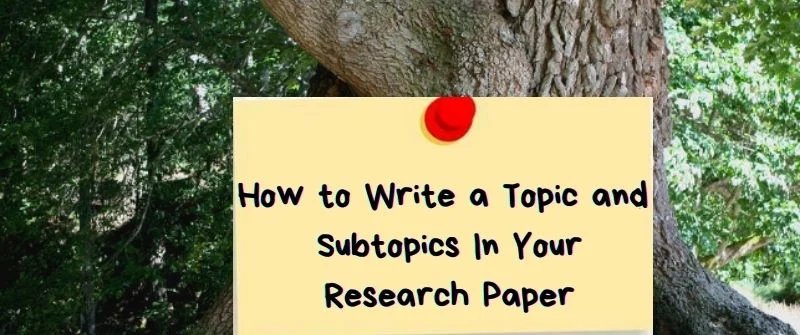AP Psychology Exam Cheat Sheet 2025 and Tips to get Answers
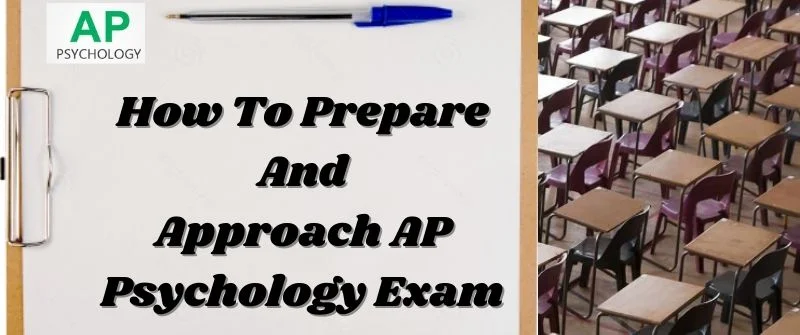
Taking AP Psychology exams comes with several underlying benefits. It is a cost-effective way to earn college credits as a student. Things get even better when you know a few hacks and tips that can be a cheat sheet for your AP psychology exam.
But why is this exam necessary? Specifically, it allows one to skip specific introductory college courses or will enable you to gain credit after graduation. That depends on specific college policies in the US.
In this guide, we present tips and hacks that will be your AP psychology exam cheat sheet if well used and will help you pass the test. However, the most trusted option is to hire an assignment helper to do your exam or guide you through it.
What is the AP Psychology Exam?
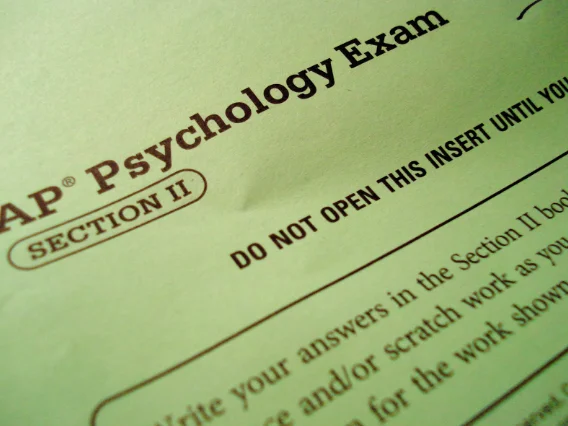
Advanced Placement Psychology, or AP Psychology, usually tests your understanding of various psychological concepts covered in the course.
It tests your ability to analyze behavioral studies.
Before taking such a test, familiarize yourself with the basic exam structure. For instance, such an exam lasts for two hours and consists of multiple-choice questions.
Typically, there are two free-response questions and 100 multiple-choice questions.
Students have 50 minutes to complete the free response questions and 70 minutes to complete the option of multiple-choice questions. The trick is to move first since you have less than a minute to work out each question.
Always put down something on multiple-choice questions since an incorrect answer will not hurt your score. The free-response questions can give you trouble in terms of time, as there are only two.
People Also Read: How to Cheat on a Math Test: 9 Tricks and Hacks
How to Prepare in 2025
The right way to prepare for an AP Psychology exam is to enroll in a similar course. Such a class will familiarize you with the kind of materials you will meet in the course. As such, you should do well in the class to prepare for such an exam adequately.
Several materials exist for those students who need extra help in the course. For example, you will get various study guides and psychology books to assist you in preparing for the exam.
You require these materials to supplement your readings and classroom lectures. Observe the following as you prepare:
1. Plan Your Time Well
You should factor in the amount of time you need to study for the AP exam. Try to balance it with your other school program. For instance, suppose you have 20 hours of study; you can use two and a half hours to participate in a practice test.
Spend at least 1 hour and revise your mistakes. Once you review your weak areas, it is high time to upgrade your testing strategies. Overall, split your time well between reviewing the material and practicing the test.
2. Choose Review Materials Wisely

You need reliable review materials to get the best out of your study sessions. About that, you can buy the best review book.
Caution is key as you should not overlook the resources you have for AP psychology classes.
Use a review book as a backup and avoid spending much time on topics that lack relevance to the exams.
3. Focus on Memorizing Terms
AP Psychology revolves around theories and psychological terms. It is vital to grasp such terms as learned in the course since some can be confusing.
They become helpful, especially when you answer free-response questions, prompting you to explain a particular term.
4. Go over Testing Strategies
Beware of testing pitfalls that can undermine your score. Avoid sacrificing points on the tests due to unrelated factors to your material knowledge. For example, when handling multiple-choice questions, you should not spend more than thirty seconds on each question.
When handling free-response questions, go straight to answer the question without going through the induction and conclusion.
People Also Read: Linear Algebra Final Exam Cheat Sheet: How to Cheat or Prepare
Tips on How to Approach Your Answers
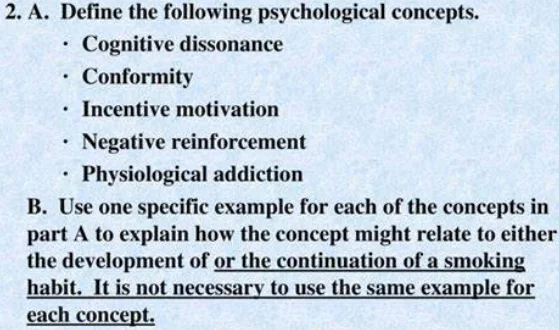
1. Underline Vital Clauses
It can be easy to overlook a minute but an essential part of a question.
You can use your writing utensil to achieve that.
Circle or underline the most important phrases in your prompt. Doing so ensures that you interpret it as the most useful part.
2. Bucket the Course
During your review sessions, outline the AP Psychology course. Furthermore, break down essential themes of the course by labeling particular topics to your liking.
For example, in History and Approaches, you can denote some tips. Suppose you encounter any question about Winston Churchill; it indicates that you are handling history.
3. Identify Verbs
Verbs give a clue of what students should capture in their responses. Such include explaining, describing, identifying, evaluating, comparing, contrasting. Having the right approach ensures that you offer the pertinent details as per the given verb.
4. Program Your Time
You should budget your time. For our case, you should take fifty minutes to answer two free-response questions. Prepare well to use 25 minutes for each question.
The right approach is to spend at least four minutes planning your answer as you start to write. Maximize the time well by avoiding spending too much of it on one question.
5. Be Specific
One of the most sensitive areas that many students struggle with is being precise in their responses. Research among several colleges proves that several poorly scored responses lack specificity. It is suitable to back your answer with examples to confirm that you understood the question well.
6. Put Your Best Foot Forward
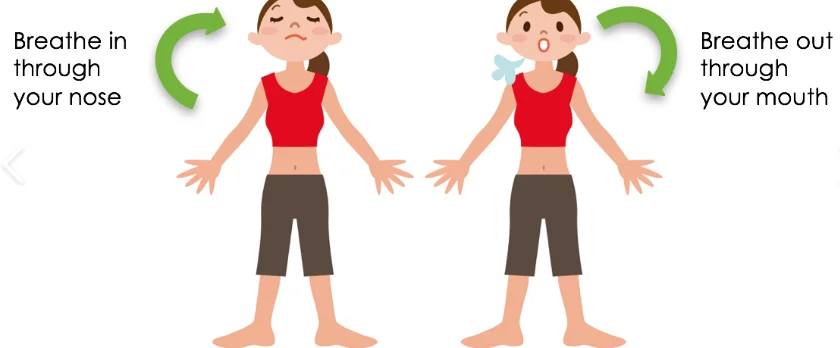
It can happen that while doing your test, you may lack some particular responses to specific questions. Do not panic.
Relax and take a breath to recall everything that you know.
Doing well is the name of the game as you share with your grader what you have been learning.
Begin by responding to those questions that you understand well while allocating more time to areas where you are encountering challenges.
7. Understand the Rubric
It can be helpful if you know and understand what will appear in the exam before you take it. One way is to print a copy of the AP and Psychology rubric and master it.
As you internalize it, begin to imagine the exam for the test creator’s eyes. About that, you become more aware of your responses and are given suitable answers to the question.
8. Read the Question
Before writing a response, do not assume what the question is asking because you could be sincerely wrong. Once you access the exam, read the questions carefully before you begin to write.
For example, if you are dealing with frequent response questions, evaluate the one that sounds easy and tackle it first. Such an approach boosts your confidence as you give more details about the question you have more expertise.
9. Avoid Contradicting Yourself
You will miss some points if you give a piece of contradicting information. Also, you will not lose points for incorrect information. Just be consistent with what you know and gain points rather than lose on the platform of contradiction.
10. Write in Full Sentences
When you are answering frequent response questions, let every part have complete sentences. For example, suppose your questions prompt you to define and explain; let the first sentence define while the other two sentences explain the term. While doing so, ensure you have a clear transition from one idea to the next.
11. Do not restate the Question
Go direct to answering questions instead of restating the question. However, you can use part of the question to highlight where one can locate answers.
People Also Read: How to Cheat Khan Academy: Hacks to get Khan Academy Answers
Are Flashcards like Quizlet good for AP Psychology Exam?
You need flashcards when doing exams as they play a crucial role in memorization. Whenever you have terms, ensure that you make flashcards while in class. They can be digital or physical flashcards, just like those you will meet in the Quizlet.
Another approach is to write down the definitions of terms to drill their meanings into the brain effectively. Also, you can make your cards. You can settle for the best method that works for your best.
We also did a cheat sheet tips on how to cheat on algebra exams if you like maths.

When not handling complex essays and academic writing tasks, Josh is busy advising students on how to pass assignments. In spare time, he loves playing football or walking with his dog around the park.


